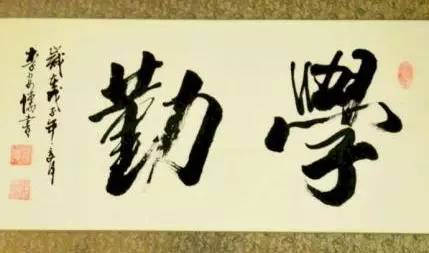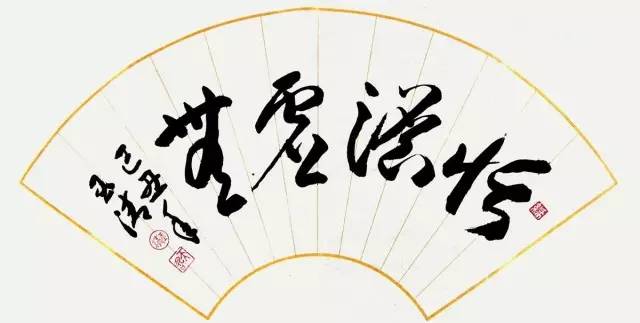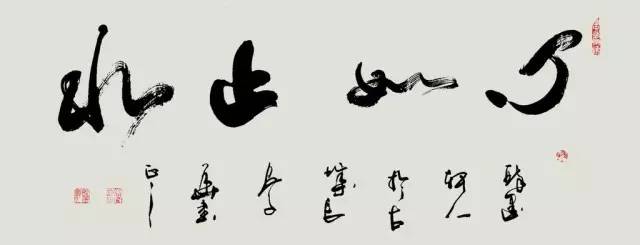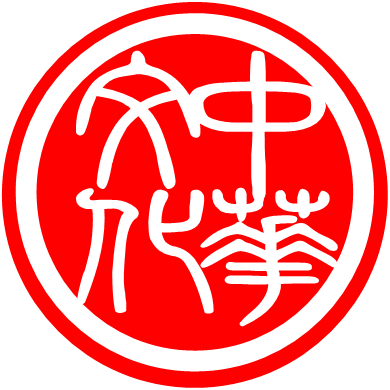
近日,“中华思想文化术语传播工程”已经对外发布两个批次的术语规范译法,对“居安思危”“上善若水”等反映中华传统文化特征与思维方式的核心术语,作出了简明的中文释义和英文翻译。下面就跟着《英语世界》的小编一起来学习吧。

虚 xū Xu
“虚”指世界或者心灵的一种状态。大体有两种不同的含义:其一,指世界的本原,万物皆由虚无中来。但古人对“虚”的这一含义又有不同理解:或认为“虚”就是空虚无有;或认为“虚”指“气”的存在状态,因为“气”的存在隐微无形,故以“虚”称之,但并非完全空无。其二,指虚静的或没有成见的内心状态。
Xu refers to a state of the cosmos or a state of mind. Basically, it has two different meanings. The first refers to the origin of the universe, indicating that everything originates from xu. Different ancient thinkers have different interpretations of this notion: Some take xu as being devoid of anything; others believe it is the state of existence of qi (气). Because qi is invisible and formless, it is said to be empty, but not a vacuum totally devoid of anything. The second meaning of xu refers to a state of mind that is peaceful, not preoccupied or simply free of any preconceptions.
例句
◎太虚无形,气之本体。(张载《正蒙·太和》)
(“虚”是无形的,是“气”的本来状态。)
Xu is formless; it is the original state of qi. (Zhang Zai: Enlightenment Through Confucian Teachings)
◎唯道集虚,虚者心斋也。(《庄子·人间世》)
(只有道汇集并呈现于虚静的心灵,“虚”就是心斋。)
Dao gathers and presents itself in an unoccupied and peaceful mind; being unoccupied means the pure state of the mind. (Zhuangzi)
Examples

义 yì Righteousness
“义”的基本含义是合理、恰当,引申而有两重含义:其一,指人行事的合理依据与标准;其二,指在道德意识的判断与引导下,调节言行使之符合一定的标准,以获得合理的安处。宋代学者用“理”或“天理”的概念来解释“义”,认为“义”就是“天理”所规定的合理的标准,同时要求言行符合“天理”。
The basic meaning of yi (义) is “reasonable” and “proper.” It has two extended meanings. One is the proper basis and standard for people’s actions. The other is to adjust one’s words or deeds to meet certain standards, under the guidance of moral judgments. Scholars in the Song Dynasty used li (理) or “principles of heaven” to interpret yi, and considered yi to be the reasonable standard defined by the “principles of heaven,” and hoped that people’s words and deeds would fall in line with the “principles of heaven.”
例句
◎君子喻于义。(《论语·里仁》)
(君子知晓并遵循义。)
Junzi (a man of virtue) understands things and acts in accordance with righteousness. (The Analects)
◎义者,心之制,事之宜也。(朱熹《孟子集注》)
(义就是约束自己的内心,使事情合宜。)
Righteousness means exercising self-restraint in order to do everything properly. (Zhu Xi: Mencius Variorum)
Examples

心 xīn Heart/Mind
“心”是人之情感、认识和价值的基础,生命的主宰。与耳、目、鼻、口等被动地感知外物不同,“心”具有思考的能力,可以辨别和整理感官所获得的材料,进行知识和道德判断。孟子认为“心”包含恻隐、辞让、羞恶、是非等四端,道德实践的核心就是保存并扩充人固有的善心。道家则认为虚静是心的根本状态,如静止之水,由此可以把握天地万物的本原。
The heart, a vital organ of life, underpins one’s emotions, awareness, and value judgments. Different from the ears, eyes, nose, and mouth, which sense the outer world in a passive way, the heart is capable of thinking and performing intellectual and moral evaluations on the basis of analyzing and sorting out what these organs have sensed. Mencius believed that the heart consists of four aspects: compassion, deference, sense of shame or detestation, and conscience. Preserving and expanding one’s good heart is the central aim in practicing moral teachings. According to Daoism, a serene and uncluttered heart is the highest state for a human being, much like a peaceful pool of still water. Such calmness is the way in which the heart can capture the essence of all things in the world.
例句
◎耳目之官不思,而蔽于物。物交物,则引之而已矣。心之官则思,思则得之,不思则不得也。(《孟子·告子上》)
(耳目等器官不能思考,因而被外物的表象遮蔽。耳目与外物相接触,就会被其引向歧途。“心”这个器官能够思考,思考便能有所得,不思考便无所得。)
The sensory organs like ears and eyes cannot think. Therefore, they tend to be overwhelmed by the representation of external objects, and be led astray by those objects when coming into contact with them. The heart, however, is an organ capable of thinking.Thinking yields insight, while lack of it will get one nowhere. (Mencius)
◎心者,一身之主宰。(《朱子语类》卷五)
(心是人身体的主宰。)
Heart is the dominant organ of one’s body. (Classified Conversations of Master Zhu Xi)
Examples

广告插播
应广大读者要求,《英语世界》近期上线了职业翻译分享系列,第一弹是法律翻译分享。点击左侧按钮试听,右侧报名(●'◡'●)
红豆Live
为本栏目提供技术支持



文拓视野 译悦心灵
微信号:theworldofenglish